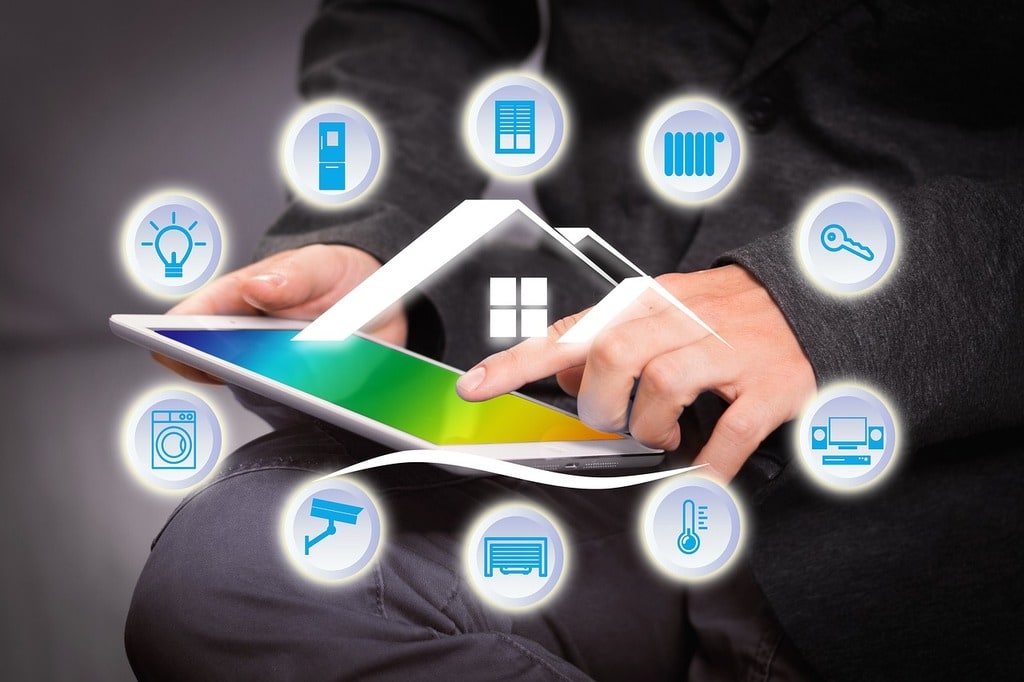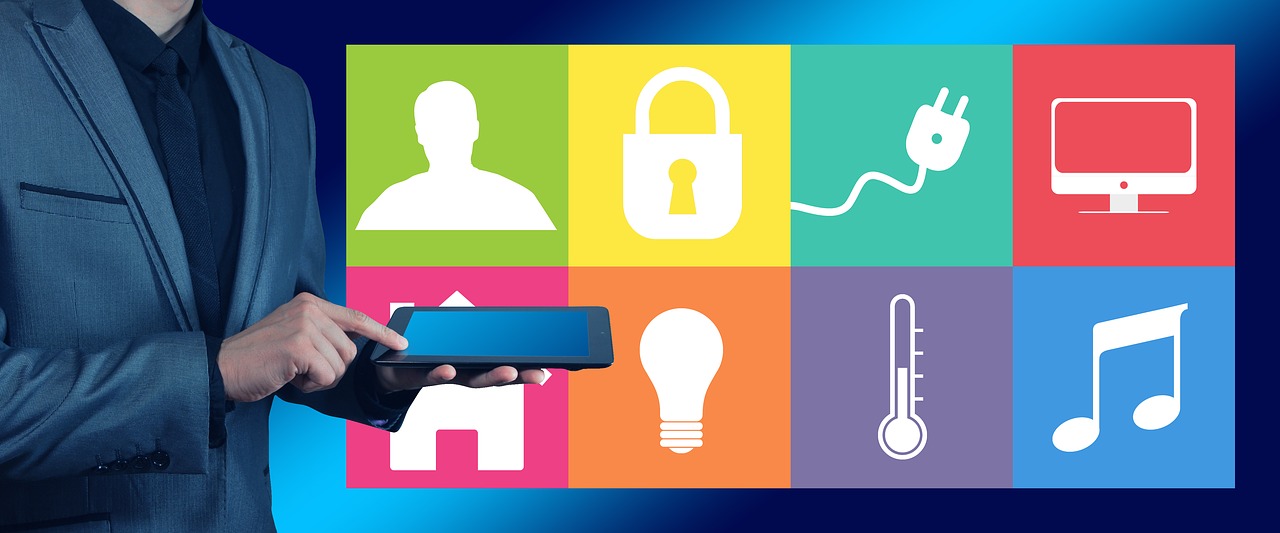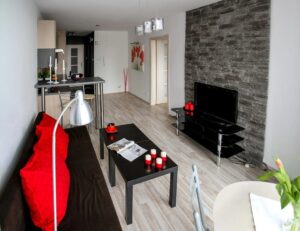Smart home technology for modern living

The evolution of technology has significantly transformed modern living, making our homes smarter and more efficient. Smart home technology, once a futuristic concept, is now a reality that offers unparalleled convenience, security, and energy efficiency. With the advent of the Internet of Things (IoT), devices in our homes can communicate with each other, creating a seamlessly connected living environment.
Enhancing Modern Living with Smart Home Technology
Smart home technology encompasses a wide range of devices and systems designed to automate and streamline various aspects of home life. From intelligent lighting and climate control to advanced security systems and smart appliances, these innovations are changing the way people live.
One of the significant advantages of smart home technology is its ability to provide enhanced security. Smart security systems, including cameras, door locks, and motion sensors, can be monitored and controlled remotely through smartphone apps. This not only deters potential intruders but also offers peace of mind when away from home.
Another area where smart home technology excels is in energy management. Smart thermostats, for instance, learn user preferences and adjust heating and cooling systems accordingly, optimizing energy use and reducing utility bills. Similarly, smart lighting systems can be programmed to turn off when rooms are unoccupied, further contributing to energy savings.

Key Features of Smart Home Devices
Smart home devices come with a variety of features that enhance their functionality and user experience. Here are some key features to consider:
- Voice Control: many smart devices are compatible with voice assistants like Amazon Alexa, Google Assistant, and Apple Siri, allowing for hands-free control.
- Remote Access: control your home devices from anywhere using a smartphone or tablet.
- Automation: set schedules and routines for devices to operate automatically based on your lifestyle.
- Integration: devices can work together seamlessly, providing a cohesive smart home ecosystem.
- Energy Efficiency: monitor and manage energy consumption to reduce costs and environmental impact.
The Convenience of Smart Home Appliances
Smart home appliances are designed to make everyday tasks easier and more convenient. For example, smart refrigerators can notify users when groceries are running low, and some models even suggest recipes based on the available ingredients. Smart washing machines and dryers can be controlled remotely, allowing users to start or stop cycles from their smartphones.
In the kitchen, smart ovens can be preheated from a mobile device, and cooking times can be adjusted based on recipes stored in the cloud. These appliances not only save time but also enhance the cooking experience by ensuring precision and reducing the likelihood of errors.
Improving Home Comfort with Smart Climate Control
Climate control is a critical aspect of home comfort, and smart thermostats have revolutionized this area. These devices learn the user’s schedule and preferences, adjusting temperatures accordingly to maintain optimal comfort levels. They can also be controlled remotely, allowing for adjustments to be made from anywhere, ensuring the home is always at the desired temperature upon arrival.
Smart climate control systems often integrate with other smart devices, such as window shades and fans, to create a comprehensive solution for maintaining a comfortable indoor environment. This integration can also lead to significant energy savings by optimizing the use of heating and cooling resources.
Enhancing Security with Smart Home Systems
Security is a paramount concern for homeowners, and smart home technology provides robust solutions to address this need. Smart security systems offer features such as real-time video surveillance, motion detection, and remote access to security cameras. Users can receive instant alerts on their smartphones if any suspicious activity is detected, allowing for timely responses.
Smart locks are another crucial component of home security. These locks can be controlled via smartphone apps, providing the ability to lock or unlock doors remotely. Some smart locks also feature biometric access, such as fingerprint recognition, adding an extra layer of security.
Creating an Entertainment Hub
Smart home technology extends beyond practical applications, enhancing entertainment experiences as well. Smart TVs and audio systems can be integrated into a home network, allowing for seamless streaming of music and video content. Voice assistants can be used to control these systems, providing a hands-free entertainment experience.
Additionally, smart speakers can be placed throughout the home, enabling synchronized audio playback in multiple rooms. This creates an immersive audio environment, perfect for hosting gatherings or enjoying a relaxing evening at home.
Future Trends in Smart Home Technology
The future of smart home technology promises even more advancements and innovations. With the ongoing development of artificial intelligence (AI) and machine learning, smart home devices are becoming increasingly intuitive and capable of anticipating user needs. This will lead to even greater automation and personalization of the home environment.
Another emerging trend is the integration of smart home technology with renewable energy sources. Solar panels, for example, can be connected to home energy management systems, optimizing the use of renewable energy and reducing reliance on traditional power grids.
In conclusion, smart home technology is rapidly transforming the way people live, offering unparalleled convenience, security, and energy efficiency. As technology continues to advance, the possibilities for smart homes are virtually limitless, promising an even more connected and efficient future.
